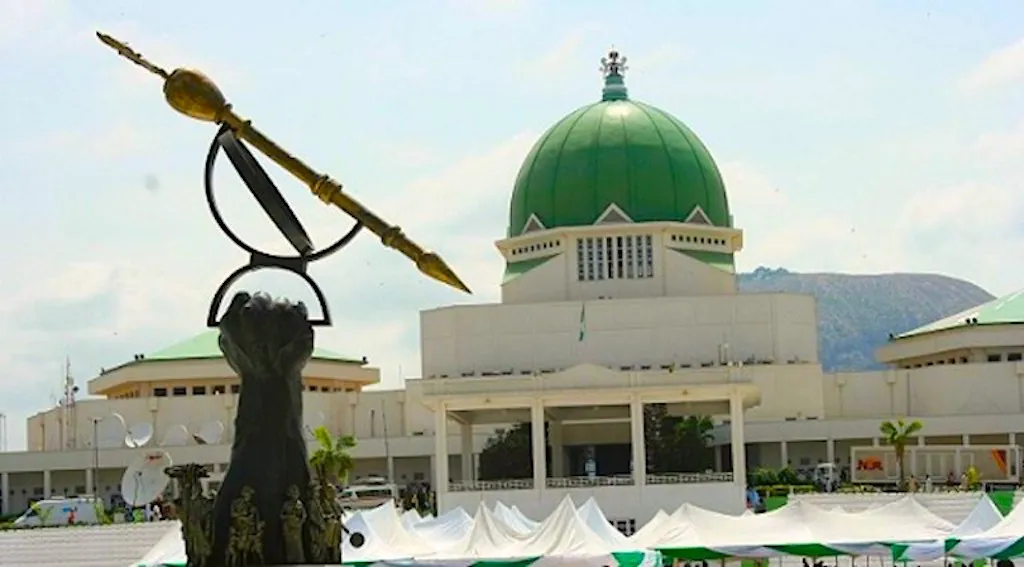The National Assembly has urged the Supreme Court to dismiss a lawsuit from 11 PDP governors. The governors challenged President Bola Tinubu’s emergency declaration in Rivers State. In a preliminary objection filed on April 22, 2025, the Assembly called the suit flawed and meritless. It also demanded ₦1 billion in damages from the governors.
Lawmakers described the case as “frivolous and speculative.” They argued that the filing process ignored key procedural requirements.
President Tinubu declared a state of emergency in Rivers on March 18, 2025. He suspended Governor Fubara, his deputy, and the State House of Assembly for six months. Tinubu then appointed Rear Admiral Ibokette Ibas (retd.) as the state’s sole administrator. The National Assembly approved this move using a voice vote.
PDP Governors Seek Legal Clarification
In response, 11 PDP governors filed suit SC/CV/329/2025 at the Supreme Court. They argued that Tinubu’s declaration violated the Constitution and undermined federalism. The governors represent states including Oyo, Delta, Bayelsa, and Enugu. They questioned whether a President can suspend elected state officials. They also asked whether a voice vote was sufficient for such approval. The group requested six legal clarifications from the apex court.
The suit sought to void the emergency declaration published in Gazette No. 47 of 2025. It also demanded a perpetual injunction blocking future suspensions of elected officials this way.
Assembly Cites Legal, Procedural Defects
However, the National Assembly insists the case should not proceed. It said the governors failed to issue a required three-month notice to the Clerk.
This notice is mandated by Section 21 of the Legislative Houses (Powers and Privileges) Act, 2017. The Assembly said the lack of notice renders the suit invalid.
Lawmakers also argued that the governors lacked legal standing. None secured approval from their State Assemblies before filing the case. They further claimed the Attorney-General made the alleged threats—not the legislature. Therefore, the court has no basis to hear the case against the Assembly.
The Assembly also defended using a voice vote under Section 305 of the Constitution. It accused the plaintiffs of trying to interfere with legislative independence.
Describing the lawsuit as speculative, the Assembly called it a misuse of court time. It asked the Supreme Court to strike the case out entirely.



